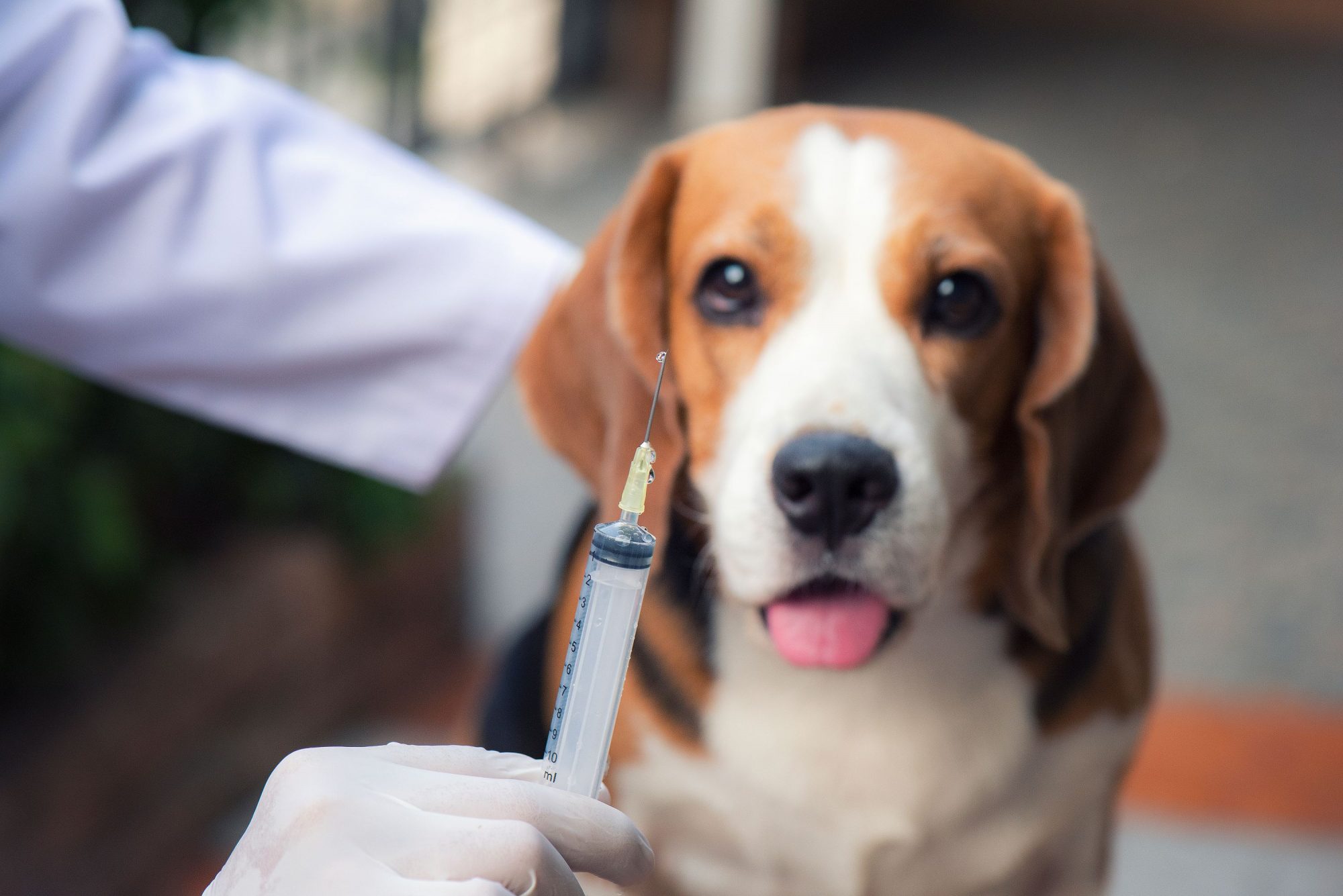Does the Rattlesnake Vaccine Belong in Your Pet Vaccine Arsenal?

The goal of pet wellness is, of course, to keep your pet well. There are many things that go into this regiment, such as pet wellness examinations, parasite prevention, and screening testing. Of course, another large part of keeping our patients at MarketPlace Veterinary Hospital healthy is pet vaccines.
Just as in people, though, not every vaccination is needed or even recommended for every pet. Our veterinary staff works to assess each individual patient to come up with personalized recommendations based on lifestyle and other risk factors. One of the pet vaccines that is most variable is the rattlesnake vaccine. Understanding why we might recommend it can help you to make the best decision for your furry friend.
Facts About the Rattlesnake Vaccine
Living in the Sacramento area is pretty amazing, but it does mean you must accept snakes as part of the landscape.
Here in El Dorado Hills, these cold-blooded creatures tend to be more active in the warmer months of April through October. Thankfully, most snakes that we encounter are harmless. We do, however, need to worry about some venomous snakes, including rattlesnakes.
When a pet or person is bitten by a rattlesnake, sometimes the snake will eject venom with the bite. The consequence of this can be serious, with about 40 percent of rattlesnake bites in pets resulting in a severe reaction, and about 5 percent being fatal.
Envenomation by a rattlesnake causes severe swelling at the site of the bite (most often the face or paws in pets), bleeding, a dangerous drop in blood pressure, shock, and eventual paralysis of breathing. Time is essential and this is a true pet emergency.
The rattlesnake vaccination is an often misunderstood pet vaccine because it does not offer immunity from the effects of a bite. Rather, it can help to decrease the severity of the effects of a bite and buy you a little more time to seek veterinary attention.
The rattlesnake vaccine:
- Can be given as early as 16 weeks of age
- Must be boostered in about a month after the initial vaccination is administered
- Needs to be repeated annually
- Should be given about a month before snake season begins for best results
- May need to be given every six months in warmer climates where snakes are more active year-round (for those who travel south)
- Does not offer any protection from other types of snakes
Is it for Your Pet?
There are definitely limitations to the rattlesnake vaccine. So, how does one decide whether to include this pet vaccine in their wellness plan?
The rattlesnake vaccine should be considered if:
- Your pet frequents areas where there are large snake populations, including those who go hunting, hiking, or camping
- Your pet has a strong prey drive and is likely to ignore a rattlesnake’s warnings
- You have a small dog at high risk of a bite, as smaller pets are more likely to suffer serious effects
- You have a curious pet, including a puppy, who is more likely to get themself into trouble
Of course, this isn’t a decision that you need to make on your own entirely. Your pet’s wellness program is something that we will help you to determine based on our expertise and knowledge of your pet’s individual needs.
Please feel free to ask questions about the rattlesnake vaccine and other pet vaccines so that we can put together a plan to offer your pet the best care. Your pet’s health is important to us, and working together as a team puts us all at an advantage.

